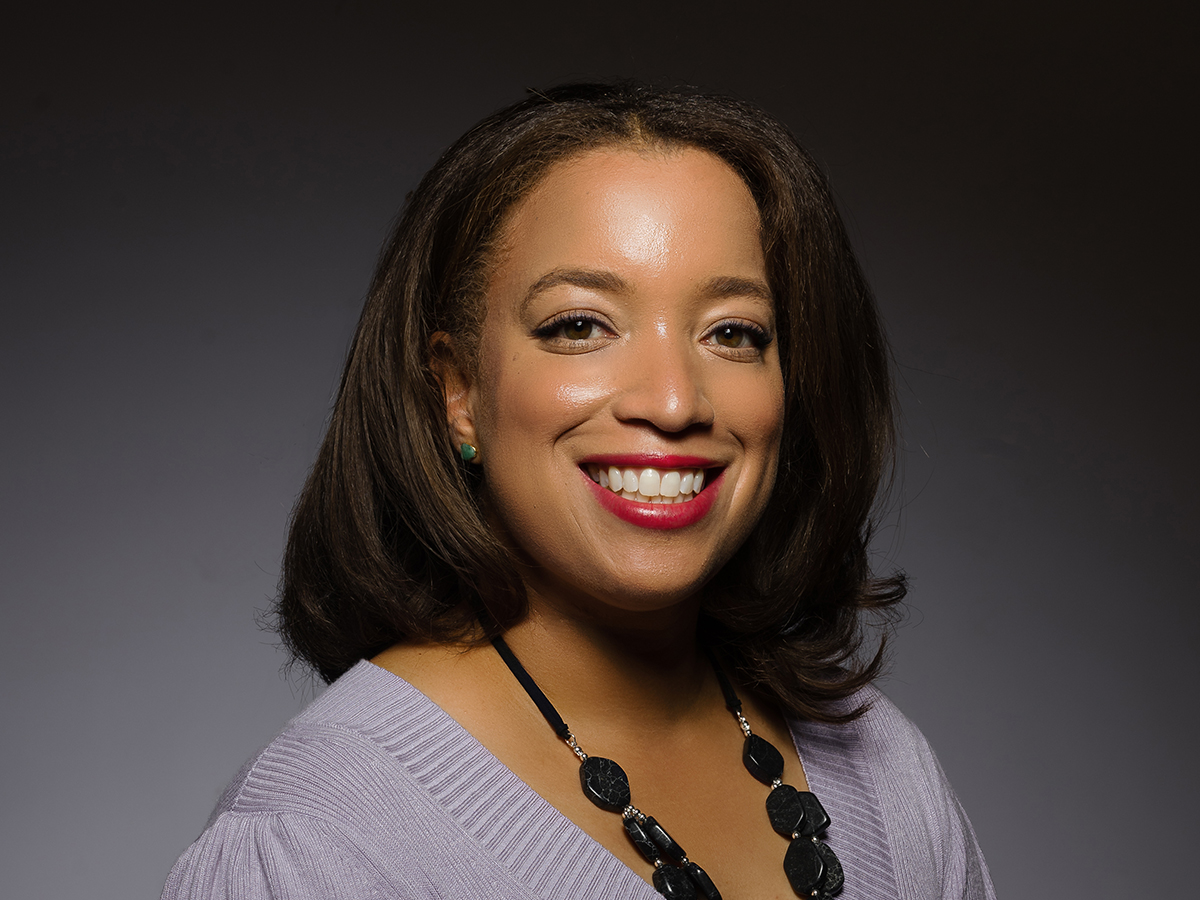- BlackVoter.Org
- Posts
- BlacVoter.Org
BlacVoter.Org

Empowering Communities: Joi Mayo’s Mission to Revitalize Charlotte’s African-American Neighborhoods!
Joi Mayo, an inspiring Elon University alum, is on a mission to uplift African-American neighborhoods in southwest Charlotte with her nonprofit, Transforming Nations Ford. Drawing from her teaching background and passion for civic activism, Mayo advocates for greater recreational and educational resources in the underserved Nations Ford/Arrowood corridor.
Amid challenges like poverty and pollution, she emphasizes the importance of community empowerment and equitable advocacy. By hosting forums and pushing for regional projects, she aims to foster unity and action against systemic racism.
Mayo's commitment doesn't stop there; she plans to collaborate with local universities and museums to preserve the rich history of her community. With a firm belief in celebrating Black achievements year-round, she’s determined to ensure every voice is heard and every story told.

Get ready to dive into Houston's rich history with the University of Houston-Downtown's captivating event, "Vital Voices: 200,000 African Americans: The Great Migration to Houston," featuring Dr. Bernadette Pruitt.
Join her as she unravels the inspiring story of the 50,000 African Americans who relocated to Houston between 1900 and 1950, seeking a brighter future away from rural poverty and social injustices. The city's booming economy, spurred by the Galveston Hurricane and the discovery of oil at Spindletop, opened doors to unprecedented opportunities for many.
This event promises to shed light on the profound impact of this migration on Houston's cultural fabric. Mark your calendars for a journey through history and celebrate the resilience of the African American community.

Donald Trump is setting the stage for the 2026 Florida Governor's race, throwing his weight behind U.S.
Rep. Byron Donalds.
A recent poll shows Donalds leading a hypothetical Republican primary field with over 31% support, far ahead of Lt. Gov.
Jeanette Nuñez at 4% and others trailing. Trump's endorsement hints at a deeper interest in Donalds’ potential candidacy, even as speculation continues about the political ambitions of First Lady Casey DeSantis, who previously topped polls when included.
While both Donalds and the DeSantises downplay the idea of a run, behind-the-scenes discussions suggest that Casey may consider it, fueled by donor encouragement.

In a surprising turn of events, Indian Americans are shifting away from their traditional Democratic loyalties, significantly increasing support for Donald Trump in the 2024 elections. A detailed examination of precinct-level data, particularly in New Jersey, reveals that Indian-American precincts swung towards Trump by 16 points compared to 2020, where they had favored Biden by a substantial margin.
This trend highlights that Indian Americans, a rapidly growing demographic projected to influence future elections, may be aligning more with conservative values, particularly on immigration and inflation-related issues. Factors like a high median income and educational achievement do not guarantee steadfast Democratic allegiance, as seen in the stark contrast between previous election cycles.
With an increasing number of Indian Americans participating actively in politics, both parties now face the challenge of understanding and appealing to this pivotal voter segment. The 2024 election signals a notable shift that could reshape political dynamics in the coming years.
In a heartfelt reflection, Black retirees share how federal civil service became a vital pathway to the middle class, transforming their lives against a backdrop of racial discrimination. Heroes like Evelyn Seabrook, Glenn Flood, and Calvin Stevens, with over 120 years of combined experience, highlight the unique opportunities offered by military and government jobs compared to the private sector during their careers, a time when biases often blocked entry for people of color.
These retirees now express concern as recent political changes threaten diversity programs crucial for fostering inclusivity. They fondly recall how federal positions provided stability and a chance to advance based on merit, allowing them to support families and contribute to their communities.
As they witness the shakeup of this system, their stories underscore the importance of maintaining an equitable federal workforce that once offered hope and security to so many.

Upstate New York dairy farmers are feeling the heat as concerns rise over potential Immigration and Customs Enforcement (ICE) actions targeting their workforce. With a heavy reliance on immigrant labor, farmers express anxiety about the uncertainty surrounding employees’ immigration statuses.
One anonymous farmer noted that losing a significant portion of his staff could devastate operations, jeopardizing animal health and overall business sustainability. Industry representatives emphasize that while workforce issues are paramount, looming tariffs also pose a threat to the dairy sector, which heavily relies on exports and international feed sources.
Farmers advocate for policies that secure legal pathways for their current staff while calling for long-term solutions beyond seasonal work visas. As they navigate these challenging times, the community hopes for supportive changes from lawmakers that will foster a thriving agricultural environment amidst growing fears of staff loss.

The California Legislative Black Caucus (CLBC) recently convened at the State Capitol to celebrate the growing impact of the Advanced Placement African American Studies program, now available in 117 schools across California. Launched nationally in Fall 2024, this innovative course explores the rich history, culture, and contributions of African Americans, with over 500 colleges offering college credit for it.
CLBC Chair Sen. Akilah Weber-Pierson emphasized the commitment to expanding access so every student can engage with this vital aspect of American history.
Educators and students shared their positive experiences, highlighting the program’s role in fostering critical thinking and inclusivity. State Superintendent Tony Thurmond remarked on the enriching benefits of an inclusive curriculum, noting that understanding diverse histories helps everyone succeed.
As the program gears up for broader adoption, it stands as a powerful tool for cultural connection and transformative education.
In a bold move, Newark Mayor Ras Baraka is taking a stand against political bosses in New Jersey's Democratic gubernatorial race. His message? It's time for a fresh start, free from the influence of entrenched party elites.
Baraka urges his opponents to reject the status quo and embrace a new vision for the state, highlighting the importance of transparency and accountability in politics. He believes that leadership should prioritize the people’s needs over political favors.
Baraka's energizing campaign taps into the desire for genuine change and could reshape the dynamics of New Jersey's political landscape as voters rally behind a candidate determined to disrupt traditional power structures. With the election on the horizon, Baraka’s call for reform is resonating, igniting a desire for a more democratic and representative governance.